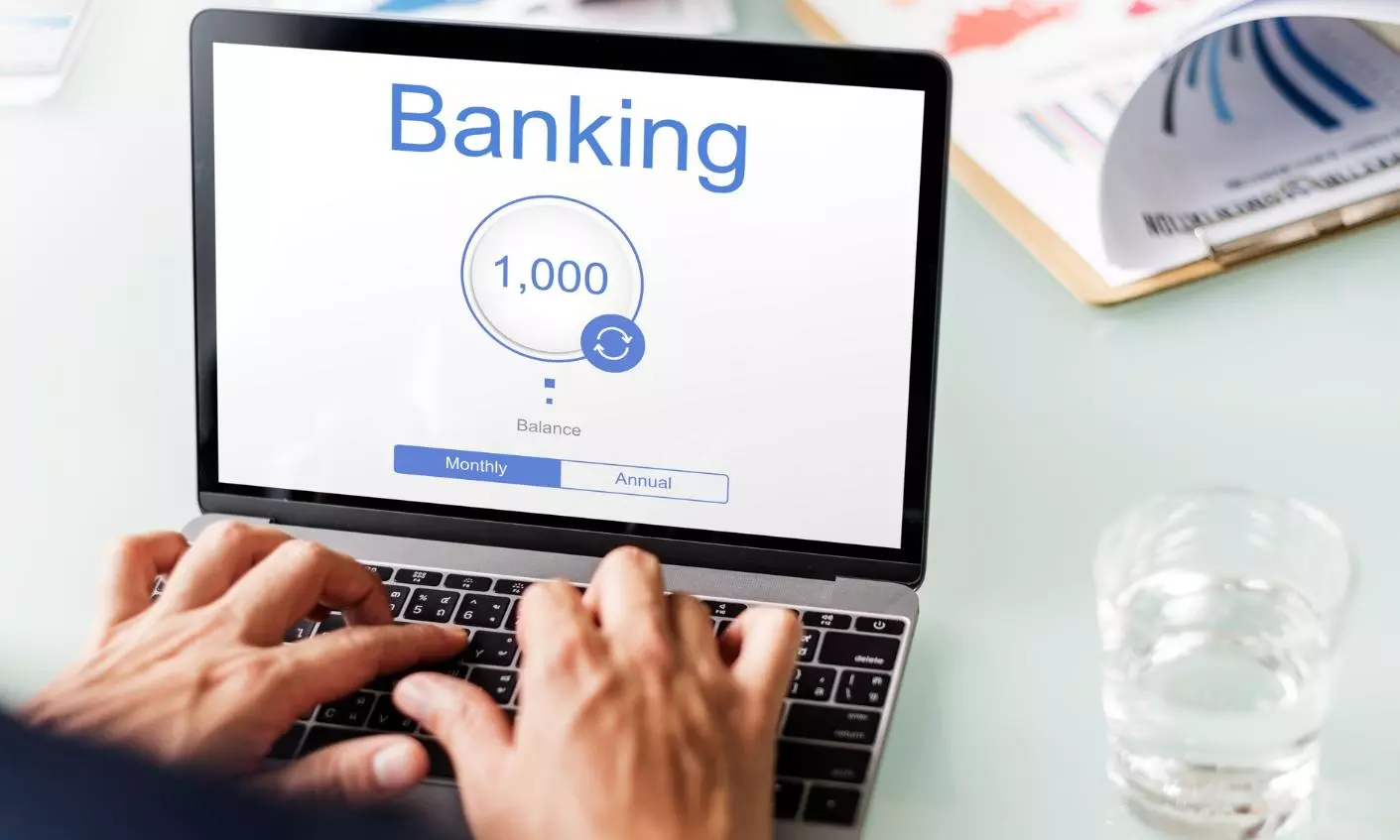
All about new RBI rules on inoperative accounts: Penalty, minimum balance, and more
What if an account is inoperative for 10 years? How much do you pay to reactivate? Know these new rules that will come into effect from April 1, 2024

The Reserve Bank of India (RBI) has come up with a fresh set of rules regarding inoperative accounts. The guidelines stated in the notification it has issued will come into effect from April 1, 2024. Here are the key points about the new rules you must know as a bank customer.
When will an account be considered inoperative?
A savings/ current account will be considered inoperative if no “customer-induced transactions” are made for over two years.
What qualifies as a customer-induced transaction?
Any financial transaction done by the bank or a third party upon the account holder’s request is a customer-induced transaction. For instance, if you have given a standing instruction (SI) or auto-renewal instruction, that qualifies as a customer-induced transaction even if you make no other transactions from that savings / current account.
A non-financial transaction or a KYC (know your customer) update done face to face or digitally (e.g. internet banking) will also qualify as a customer-induced transaction.
Charges, interest payments, and taxes, on the other hand, are bank-induced transactions.
What if you make no transactions in an account for many years?
If you make no transactions in a deposit account for 10 years, the bank will transfer the credit balance to the RBI’s Depositor Education and Awareness Fund Scheme.
What if you want to activate an inoperative account?
You can reactivate an inoperative account or claim unclaimed deposits by submitting your KYC documents afresh at your bank. You can do it from any branch, including a non-home branch, of the bank in which you have your account.
You can also claim unclaimed deposits under freeze by the order of a court or tribunal or law enforcement agency.
What is an unclaimed deposit?
The balance in your savings or current account that you have not operated for 10 years, or a term deposit that you have not claimed within 10 years from the date of maturity, are “unclaimed deposits”. As on March 2023, Rs 42,270 crore was lying with banks in unclaimed deposits, the government recently revealed.
What charges do you have to pay for not maintaining the minimum balance in an inoperative account?
Nothing. Banks cannot levy a penalty for non-maintenance of minimum balance in an inoperative account, the RBI has stated. You have to pay no charge to get your inoperative account activated.
So, will you continue to earn an interest on an inoperative savings account?
The RBI has said irrespective of whether an account is operative or not, banks must continue to pay an interest on a savings account on a regular basis.
Will all kinds of accounts become inoperative if you make no transactions for two years?
No. Zero-balance accounts opened for the beneficiaries of government schemes and for students’ scholarships are exempt from this rule.
The RBI has said that banks should segregate such accounts so that they cannot become “inoperative” even if no customer-induced transactions take place for more than two years.
What will a bank do if an account faces the prospect of becoming inoperative?
The RBI has asked banks to review accounts annually to check whether no customer-induced transactions have been done for more than a year or no explicit mandate has been given by the customer to renew a term deposit.
In such cases, banks must alert the account or deposit holder through letters or email or SMS that their accounts have not been operated in the past year and these would become inoperative if no transactions are carried out in the next one year. After that, the account holder must submit KYC documents afresh to get the account reactivated.

